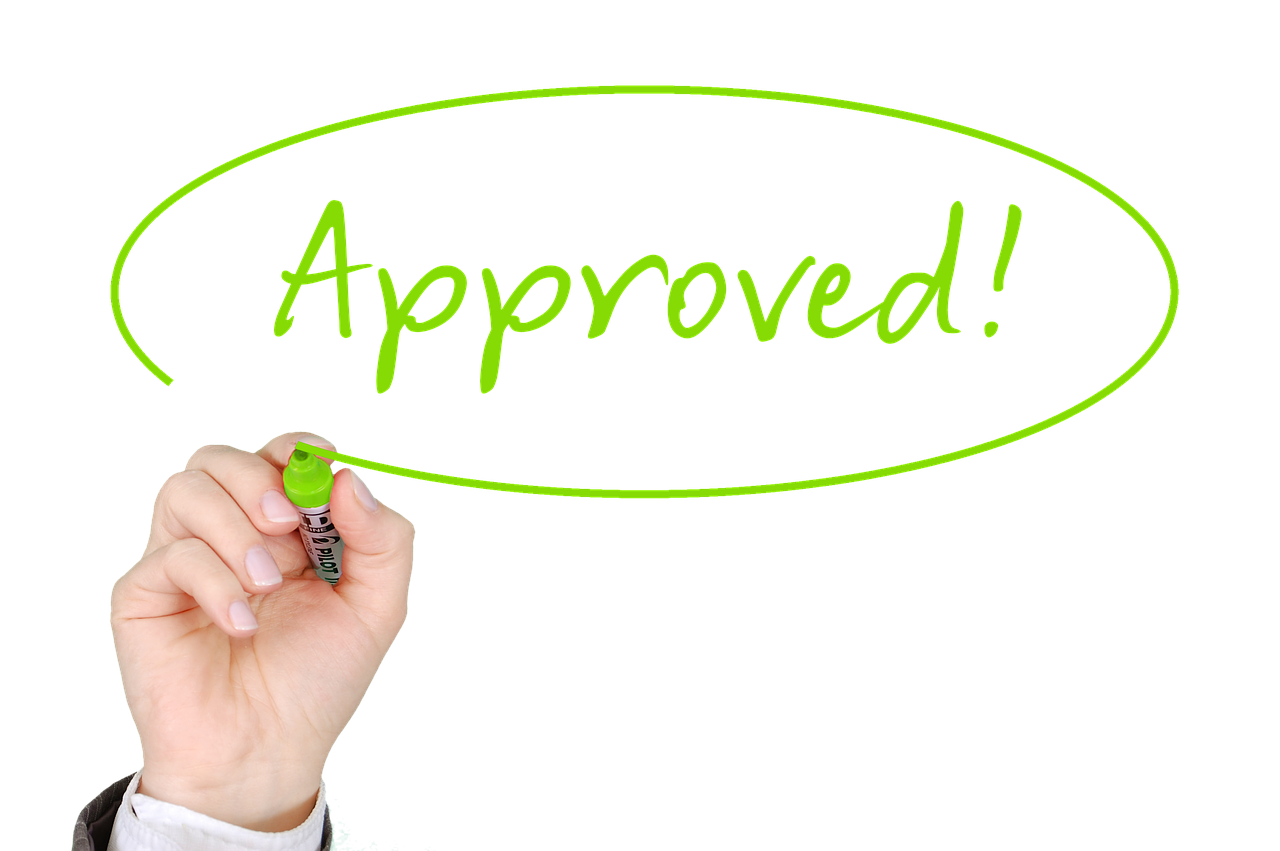
Frequently Asked Mortgage Questions
Local banks have higher overhead and expenses such as salaries and fancy branch locations. Since these expenses do not apply to broker loans the savings are passed onto you the customer in the form of lower rates.
Typically if you can recoup your closing within 3 years or less it makes sense to refinance.
Private Mortgage Insurance (PMI)
When you put down less than 20% on a conventional mortgage, lenders usually require you to get PMI to protect them in case you default on your loan.
PMI costs vary from insurer to insurer.
PMI costs are usually bundled into your monthly principal, interest & insurance payment.
Your PMI is terminated automatically when 22% of the equity in your home is reached, based on the original property value and if your mortgage payments are current. It can also be canceled at your request when you reach 20% equity.
Any loan amount above $484,350 is considered a Jumbo mortgage.
The FHA Streamline Refinance is a special mortgage product, reserved for homeowners with existing FHA mortgages.
Streamline refinance refers to the refinance of an existing FHA-insured mortgage requiring limited borrower credit documentation and underwriting. Streamline refinances are available under credit qualifying and non-credit qualifying option.
“Streamline refinance” refers only to the amount of documentation and underwriting that the lender must perform. The basic requirements of a streamline refinance are:
- The mortgage to be refinanced must already be FHA insured.
- The mortgage to be refinanced must be current (not delinquent).
- The refinance results in a net tangible benefit to the borrower.
Read more at the HUD / FHA website.
Preapproval vs Prequalification
Prequalification happens early in the homebuying process. When you get prequalified for a mortgage, you are getting an estimate of what you may be able to borrow. During the prequalification process, you may learn about different mortgage options to find the right fit for your personal situation, when working with your mortgage broker.
Preapproval is a closer step to being confirmed for an actual mortgage. You complete a mortgage application and your mortgage broker will verify the information you provide. You will also have your credit checked. Once preapproved, you will receive a preapproval letter, which is not a commitment, but an offer that lets you know how much you can borrow. Preapproval letters are usually good for 90 days.
No. The only out of pocket cost to you is the cost of the appraisal.
This insurance helps protect the lender if a borrower defaults, and the lender needs to foreclose. NO PMI mortgage options are available at slightly higher interest rates.
Mortgage insurance may be required on some loans when a down payment is less than 20%.
You can use our online pre-qualification form to work with a loan officer and find out approximately how much you can borrow before you start shopping for a house.
Pre-Qualified vs Pre-Approved
When a home buyer is pre-qualified, they have provided the lender with the basic information to determine which loan program the homebuyer may qualify for.
When a home buyer is pre-approved, the lender has collected, verified, and presented the information needed for underwriting and approval.

